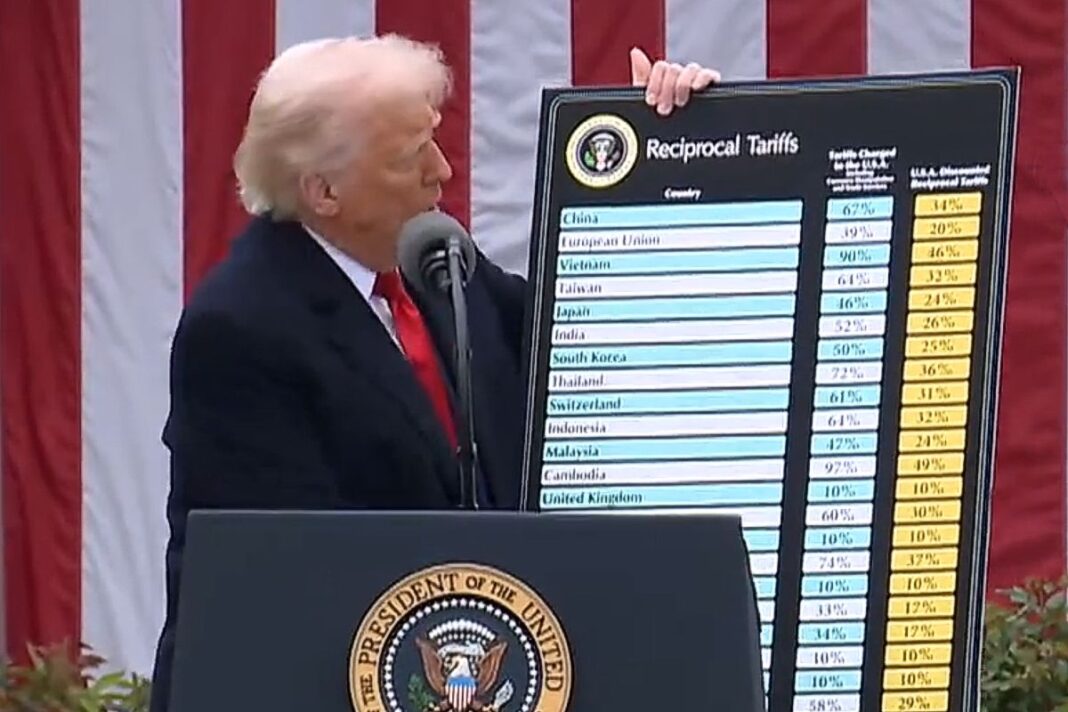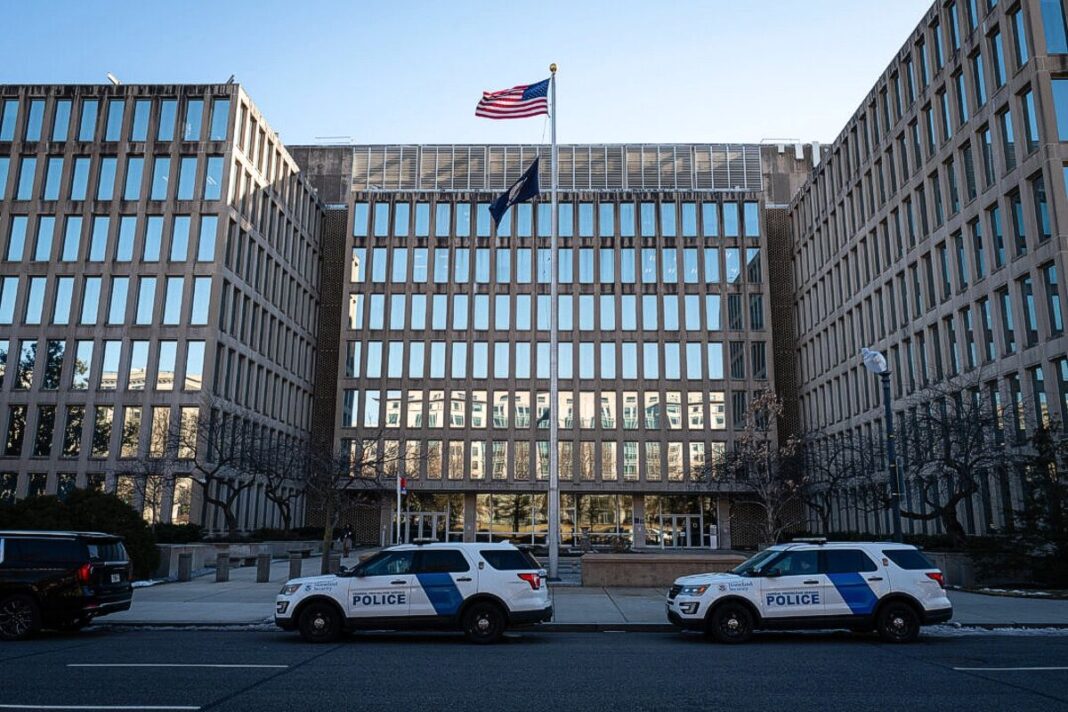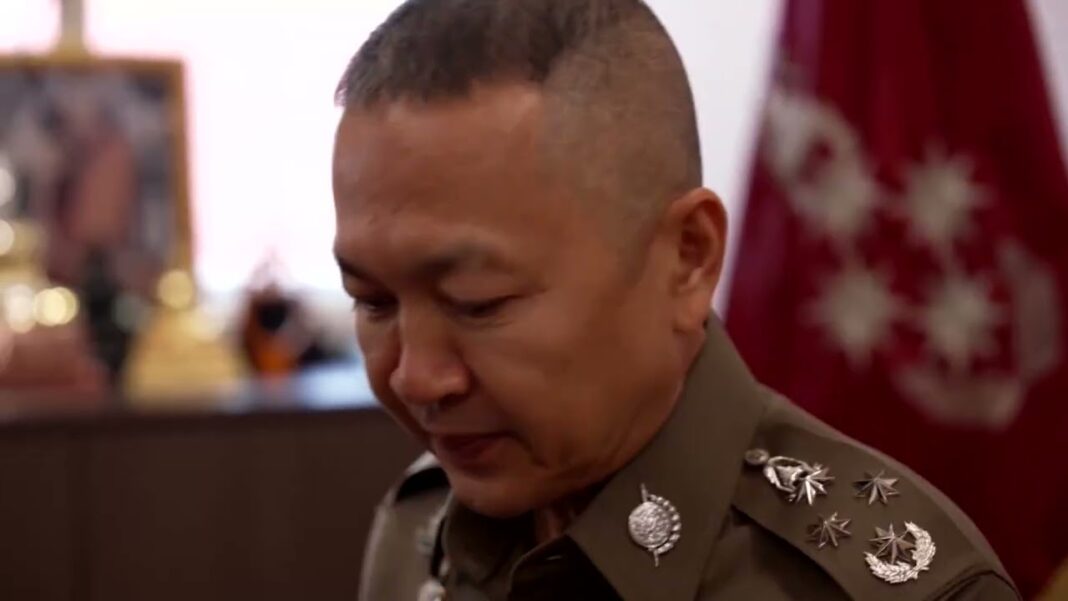Trade experts suggest African countries respond to U.S tariffs with diplomacy and avoid retaliation to get the best trade agreements.
JOHANNESBURG—Mcebisi Jonas doesn’t usually suffer from nerves. If he did, he wouldn’t have survived a brutal guerrilla campaign against South Africa’s apartheid foot-soldiers in the 1970s and 1980s.
“As a cadre for the ANC [then-banned African National Congress], I was fighting for freedom from racism, for black people’s right to vote, for human rights,” he told The Epoch Times.
“Now, I am about to fight another, very different battle. I am a bit nervous, but I am ready to talk with any and all representatives of the U.S. president, and I trust we will treat one another with respect,” said Pretoria’s eloquent former minister of finance and now successful businessman.
Jonas is part of a recently created exclusive club of special envoys appointed by most of Africa’s 54 countries to negotiate better export terms they hope will allow them to sell their goods for “reasonable profit” in the world’s most lucrative market.
This followed U.S. President Donald Trump’s April 2 announcement of tariffs on goods exported to the United States by its economic partners. Trump has said the duties would correct trade imbalances he said are unfair to America.
A week later, Trump paused his reciprocal tariffs for 90 days—except for those on China—indicating that many countries had reached out and that the United States was open to negotiations.
If nothing were to change after the 90-day pause, some of the highest tariffs—between 30 and 50 percent—would be for products imported from Africa.
Africa’s envoys are now rushing to meet the deadline in July when the raised duties are scheduled to come into effect.
“Most African countries export much more to the United States than they import from the United States, so the Trump administration calculated that trade between the regions is unfairly weighted towards Africa and that the United States is losing out,” explained Morné Malan, deputy head of policy at South Africa’s Free Market Foundation.
Besides trade deficits, Trump also looked for other signs of trade barriers as criteria for imposing tariffs.









